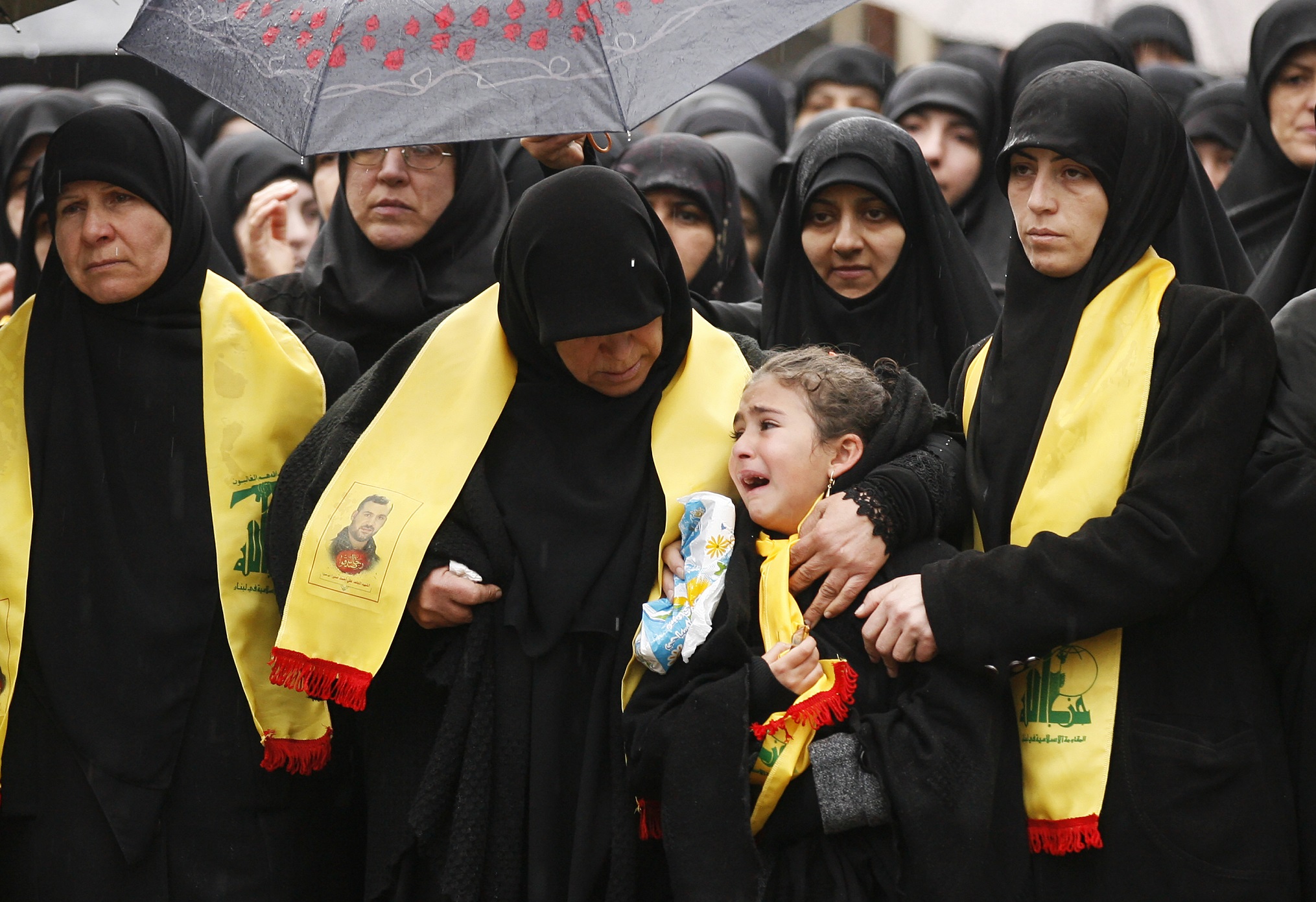Publications
Memorandum No. 167, Tel Aviv: Institute for National Security Studies, July 2017

Many have called the Second Lebanon War a turning point for the Israel’s emergency management system in general and missile and rocket defense in particular. In 2006, Israel was not adequately prepared for the attacks by Hezbollah rockets. It appears that more than a failure of command, the event revealed a conceptual and strategic failure, reflecting the insufficient weight given by the security and civilian leadership in Israel’s national security doctrine to the missile and rocket threat against the population. Since 2006, the main thrust of efforts by the emergency management agencies in Israel has consisted of preparations for diverse scenarios of missile and rocket attacks. Thus occurred a significant improvement in Israel’s emergency preparedness for these scenarios. In addition, Israel’s emergency management system is making preparations for terror attacks, cyber attacks, and for natural disasters. The difficult and multi-dimensional emergency management mission requires ongoing cooperation between all the stakeholders involved, comprehensive strategic planning, structural flexibility, thorough drilling for various scenarios, and conceptual and operational comprehensive preparedness, given the unexpected and dynamic nature of emergencies and disasters.


